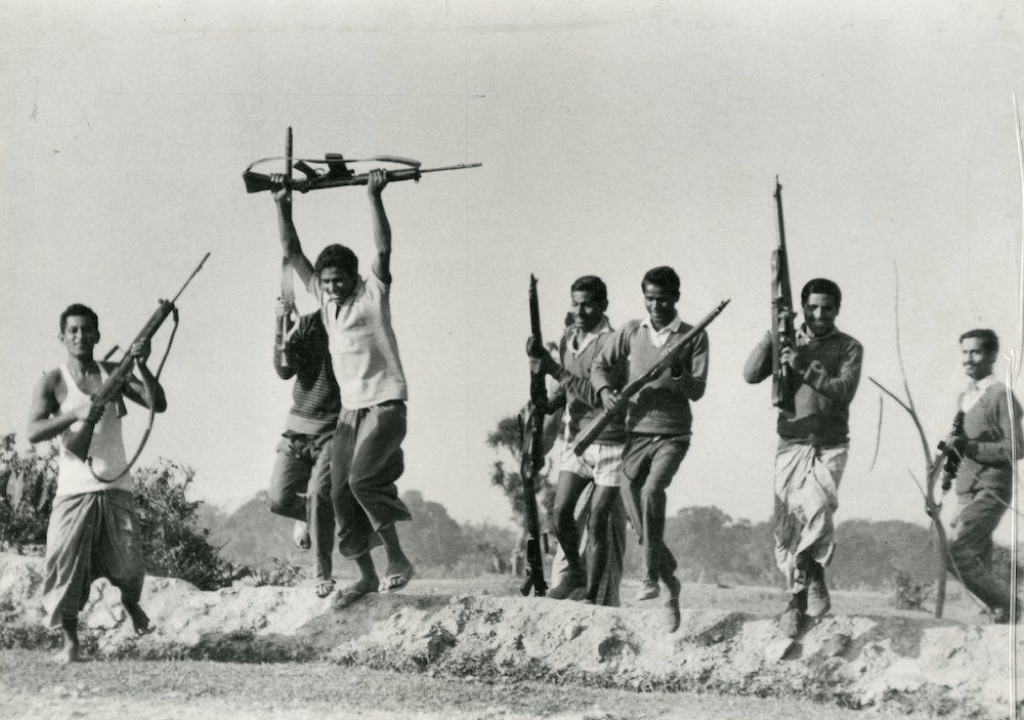Bangladesh, formerly East Pakistan, stands as an undeniable military and diplomatic victory for India. The small yet densely populated country emerged amidst escalating tensions between India and Pakistan, culminating in the 1971 war, which claimed countless lives on both sides. Despite securing victory, India faced significant geopolitical challenges. The United States and China aligned with Pakistan, isolating India on the international stage. Furthermore, the war drained India of substantial resources and finances, contributing to the eventual decline of its then-leader, Indira Gandhi. However, India gained a strategic ally in the East, easing threats on its eastern flank and allowing a concentrated focus on its borders with Pakistan and China.
Now, 50 years after Bangladesh’s independence, the tides seem to be turning. In Bangladesh, Bangla nationalism has been sidelined, anti-India sentiment is on the rise, minorities face increasing persecution, and Islamism is regaining ground. It feels like a scene from Back to the Future, where someone travels back in time and creates an alternate history—perhaps one where Pakistan won over India in the 1971 war.
Pakistan was carved out of British India in 1947, encompassing Muslim-majority regions under the demand of Islamists, with religion as the sole basis for division. Present-day Bangladesh, then East Bengal, joined the state of Pakistan. However, the people of West Pakistan and East Pakistan were vastly different in ethnicity, language, customs, food, and culture. There was no leadership capable of uniting these two distinct regions. Eventually, West Pakistan reduced East Pakistan to the status of a colony. The West treated the East’s people as second-class citizens, humiliating them for their color, height, language, and food. This discrimination sparked a political revolution in East Pakistan, led by Sheikh Mujibur Rahman and his Awami League, which championed Bangla nationalism. Tensions escalated into violent conflicts with Islamists and the Pakistani army during the 1960s, culminating in bloody years.
As refugees poured into India due to the humanitarian crisis, India decided to intervene, leading to the Indo-Pakistan War of 1971. India’s victory gave rise to Bangladesh, a new nation in South Asia.
Yet, peace remained out of reach. The lingering influence of Islamism fueled unrest, while competing ideologies, such as communism, began to take root. Foreign powers, from the United States to China, advanced their own agendas in the region, leaving Bangladesh weighed down by overpopulation and entrenched poverty. Despite signs of progress under Sheikh Hasina’s leadership in the 21st century, rising accusations of authoritarianism cast a shadow over her rule. Like many other Islamic nations grappling with internal strife, the political landscape unraveled, ultimately driving her into exile.
Bangladesh appears to be drifting into anarchy, a state that seems woven into its history. The current interim government looks confused and uncertain about the direction it should take. Everything the country achieved after the 1970s, including its vision and progress, has been effectively dismantled. The people now harbor resentment towards their founding figure, Sheikh Mujibur Rahman, who led Bangladesh to independence by fighting against Pakistan and Islamists. They despise the Awami League, the party that once brought prosperity to the country. Anti-India sentiment is pervasive; they reject being overshadowed by India, even though they lack the capacity to thrive independently. Social media fuels this hostility, spreading hatred toward India and Hindus, with extreme acts like placing Indian flags on the floor as doormats. Bangladesh seems to be revisiting the chaos of the 1960s, an era marked by Islamist dominance, student-driven anarchy, and rampant anti-Indian propaganda
They have seemingly traveled through time, reaching a point where their path diverged into an independent Bangladesh. But where are they headed now? Islamism is the only unifying factor left in the country. Will they return to Pakistan? No chance—Pakistan has collapsed, and joining it would only make matters worse. Could they become a pro-Western country, as some, like Yunus, hope? That too seems impossible, as Islamism currently drives the nation. Nor can they become Chinese satellites.
Bangladesh is unable to direct its own path independently. Its economy is in tatters, and it remains highly vulnerable to even minor climate shifts. The country can rely only on India, given the shared border and India’s relative strength in the region. But relying on India, while fostering intense anti-India sentiment, could plunge the country back into anarchy.
The nation appears stuck, confused, and without direction. The only hope for Bangladesh’s future is the rise of a strong leader, like Sheikh Mujibur Rahman in the 1960s, who can guide the country toward a clear vision








